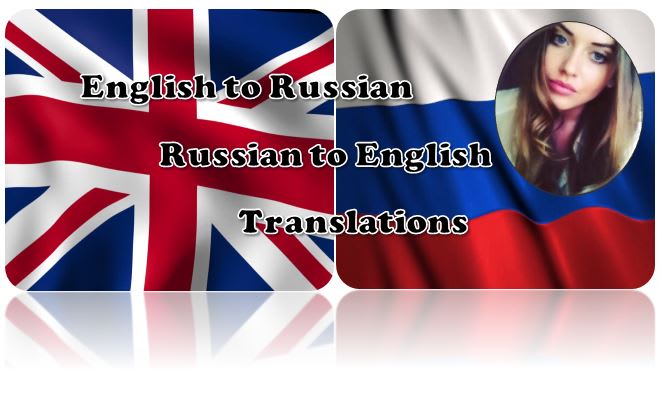

Anything can happen to you here, but there’s no khamstvo.
:max_bytes(150000):strip_icc()/GettyImages-896805476-5c23d23ec9e77c00011bc007.jpg)
"I've lived in this mad, wonderful, horrifying New York for ten years and am amazed by the absence of khamstvo.

It's impossible to fight it you can only resign yourself to it. In Dovlatov's view, it’s with impunity that khamstvo (хамство) outright kills us. Soviet émigré writer Sergei Dovlatov wrote about this phenomenon in the article "This Untranslatable Khamstvo," commenting that "Khamstvo is nothing other than rudeness, arrogance and insolence multiplied by impunity." One part of the novel, Brothers Karamazov, is called " Nadryvs." 3. That's why the nadryv often expressed imaginary, excessively exaggerated and distorted feelings. Moreover, Dostoevsky's nadryv implies a situation in which the protagonist indulges in the thought that he can find in his soul something that may not even exist. The word describes an uncontrollable emotional outburst, when a person releases intimate, deeply hidden feelings. This is a key concept in the writings of Russian writer Fyodor Dostoevsky. German Wikipedia has an entire article dedicated to the word nadryv (надрыв). "This word includes triviality, vulgarity, sexual promiscuity and soullessness," added the late Professor Svetlana Boym from Harvard University. The intense " poshlosity" of such a scene comes not from the false exaggeration of the dignity of a particular useful object, but from the assumption that the greatest joy can be bought and that such a purchase ennobles the buyer." What is poshlost (пошлость)? Nabokov gives the following example: "Open any magazine and you’ll certainly find something like this - a family just bought a radio (a car, a refrigerator, silverware, it doesn't matter), and the mother is clapping her hands, mad with joy, the children gathered around her with their mouths agape the baby and the dog are leaning towards the table on which the `idol’ has been hoisted… a bit to the side victoriously stands the father, the proud breadwinner. Russian-American writer Vladimir Nabokov, who lectured on Slavic Studies to students in America, admitted that he couldn’t translate this word, which every Russian easily understands.


 0 kommentar(er)
0 kommentar(er)
